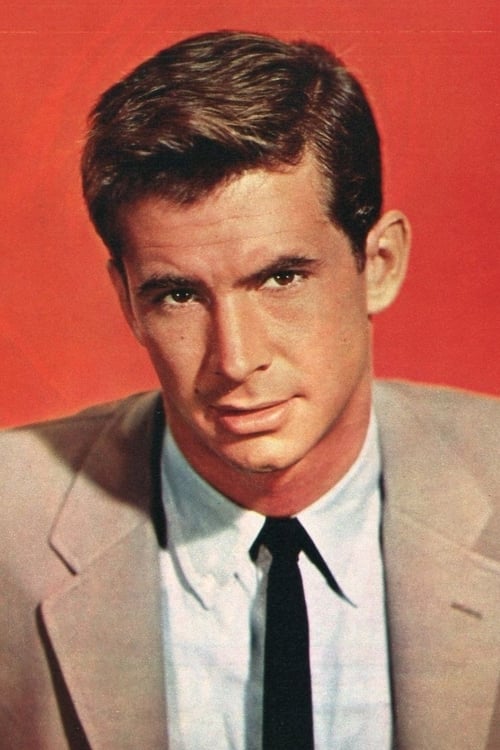
Anthony Perkins (April 4, 1932 – September 12, 1992) was an American actor and singer. He is best known for his role as Norman Bates in Alfred Hitchcock's Psycho and his Oscar-nominated role in Friendly Persuasion (1956). He made his film debut in The Actress (1953) directed by George Cukor before experiencing success on Broadway with Elia Kazan’s production of Tea and Sympathy (1955). He quickly...
Explore all movies appearances

Behind the scenes footage of I'm Dangerous Tonight. Footage shot by Stan Giesea and Eric H. Lasher

Anthony Perkins’ face and name remain familiar to a younger 21st century audience, fond of giallo and slashers. But he has long struggled in the shadow of his most famous character, Norman Bates – the young man in Alfred Hitchcock’s masterpiece, “Psycho". We also discover that he was an amazing crooner. His greatest success, “Moonlight Swim”, will be taken up by Elvis Presley. He even directed “Psycho III” – proof of his reconciliation with his favorite bogeyman.

Before Fifty Shades of Grey and beyond the limits of desire, Nucleus Films draw back the veil on Fifty Shades of Erotica. Now, in the privacy of your own home and as a consenting adult, you can succumb to trailers from carnal classics like The Libertine, Story of O, Venus In Furs, Cruel Passion, Gwendoline, Education Anglaise, Dressage and many, many more as you enter the timeless world of fetishistic fantasy, deviant desires and pulsating pleasure! Submit yourself to the salacious sensations and cruel caresses of this mind-blowing collection of curated carnality, the rare and raunchy, re-mastered from the finest available materials. So, lie back, relax and prepare to enter the sensual world of Fifty Shades of Erotica...

Throughout the 1950s, Tab Hunter reigned as Hollywood’s ultimate male heartthrob. But throughout his years of stardom, Tab had a secret. Tab Hunter was gay, and spent his Hollywood years in a precarious closet that repeatedly threatened to implode and destroy him. Tab Hunter himself shares first hand, for the first time, what it was like to be a studio manufactured movie star during the Golden Age of Hollywood and the consequences of being someone totally different from his studio manufactured image.
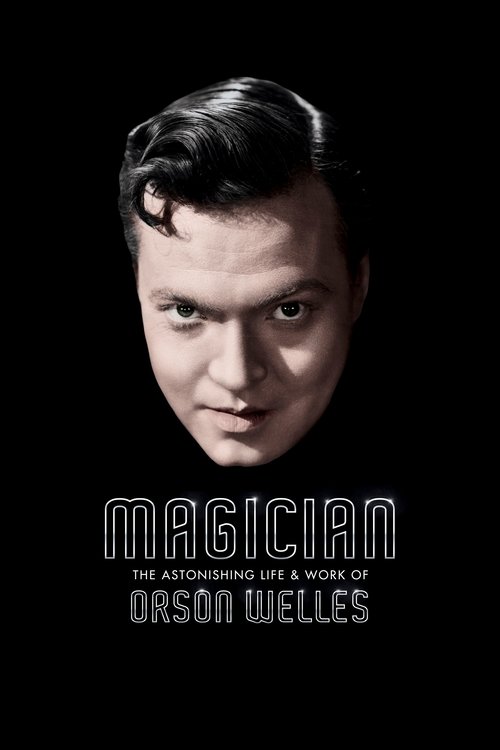
The extraordinary life of Orson Welles (1915-85), an enigma of Hollywood, an irreducible independent creator: a musical prodigy, an excellent painter, a master of theater and radio, a modern Shakespeare, a magician who was always searching for a new trick to surprise his audience, a romantic and legendary figure who lived only for cinema.
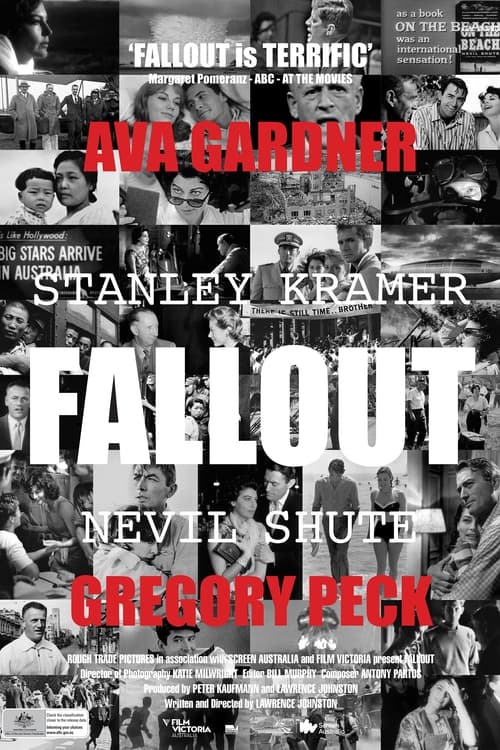
During the 1940s, Nevil Shute had a steady job as an engineer in the British military but in his spare time, he wrote novels that were being well-received. Once the war was over, Shute choose to move to Australia and focus on writing, soon becoming an internationally acclaimed novelist. His novel On The Beach, particularly hit a chord with the international community, depicting the impact of global nuclear destruction. This documentary studies Shute's career and the adaptation of his most famous novel into a feature film in Melbourne, as his predictions of a post-Hiroshima world seem to be foreboding in their accuracy.
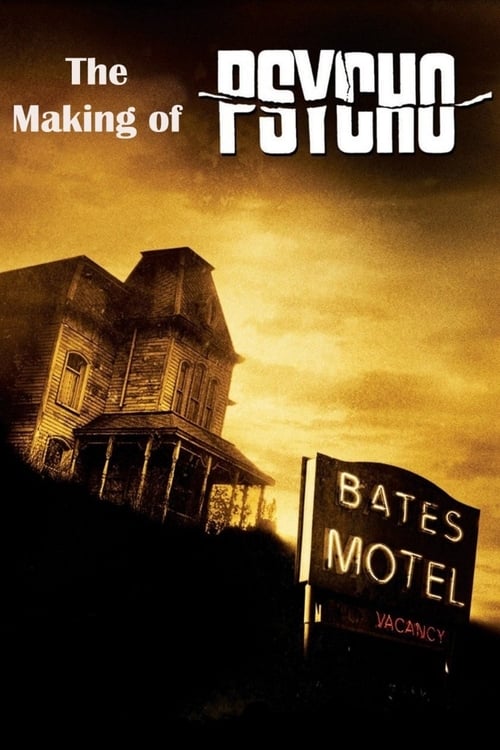
A retrospective on the entire movie, from start to finish. There are interviews with many of the principle cast and crew (including Janet Leigh and Joseph Stefano), who all talk openly and lovingly about entire process of making the film. The sessions with Janet Leigh are particularly involving, and she talks a great deal about shooting the now infamous shower scene.
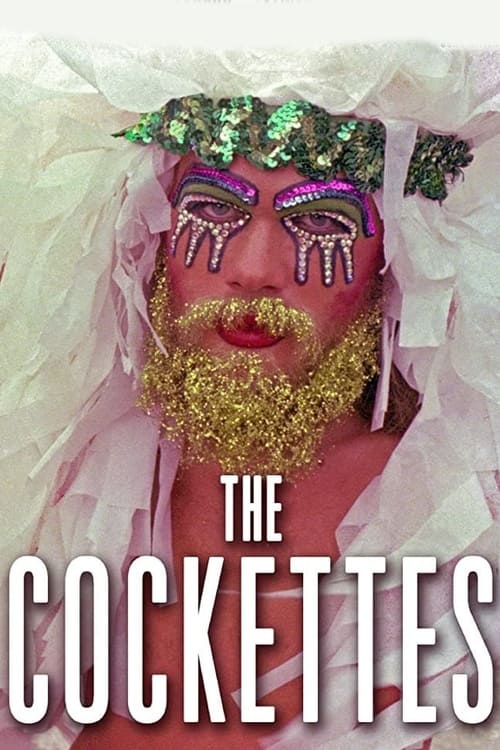
Documentary about the gender-bending San Francisco performance group who became a pop culture phenomenon in the early 1970s.
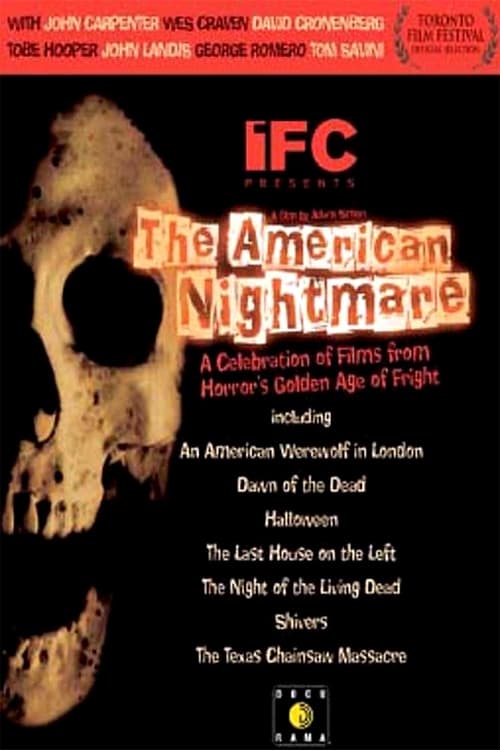
An examination into the nature of 1960's-70's horror films, the involved artists, and how they reflected contemporary society.
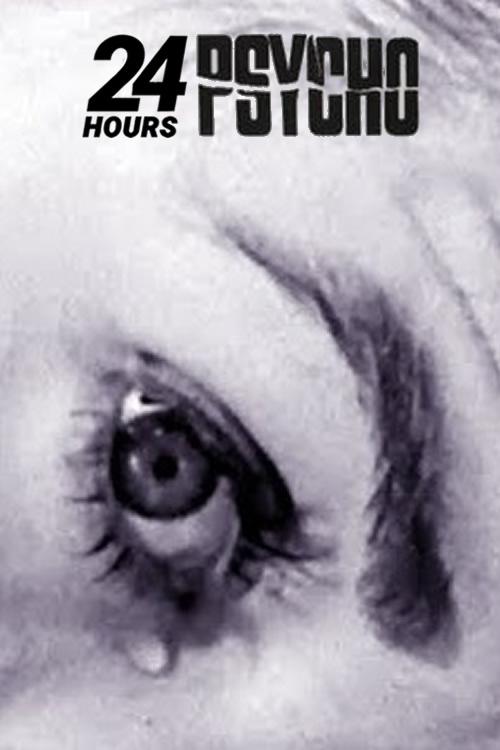
24 Hour Psycho is the title of an art installation created by artist Douglas Gordon in 1993. The work consists entirely of an appropriation of Alfred Hitchcock's 1960 Psycho slowed down to approximately two frames a second, rather than the usual 24. As a result it lasts for exactly 24 hours, rather than the original 109 minutes. The film was an important work in Gordon's early career, and is said to introduce themes common to his work, such as "recognition and repetition, time and memory, complicity and duplicity, authorship and authenticity, darkness and light."
Subscribe for exclusive insights on movies, TV shows, and games! Get top picks, fascinating facts, in-depth analysis, and more delivered straight to your inbox.